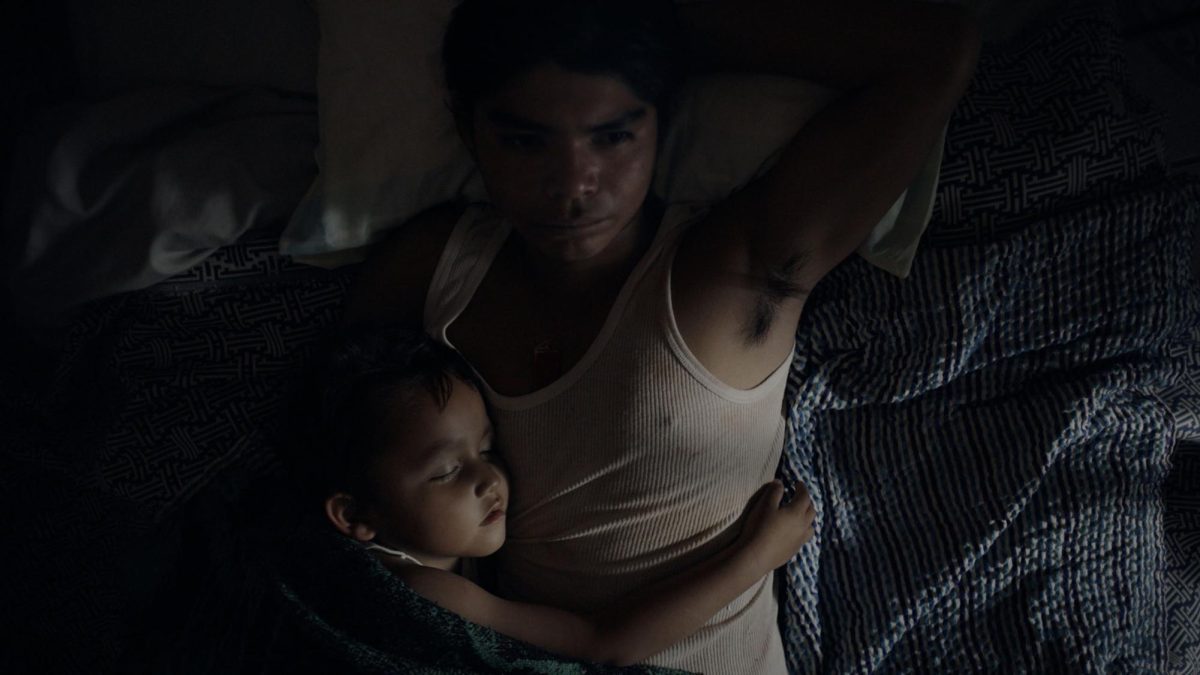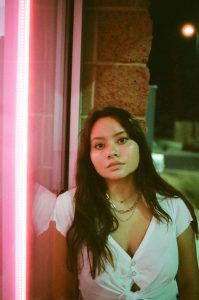Mexican film directors Astrid Rondero and Fernanda Valadez release their newest film, “Sujo,” at the 2024 Sundance Film Festival. The film follows a young boy, Sujo, who navigates the trauma and lifestyle of the Mexican cartel.
A Poetic Coming-of-Age Film
“Sujo” is a poetically unforgettable film that touches on the issues of the Mexican cartel and drug wars. The film opens with a group of men camping around a fire, enjoying a few beers and listening to Ranchera music. The scene slowly drifts to a wild horse that runs and blends effortlessly into the night.
The movie doesn’t really begin until we see a four-year-old Sujo (Kevin Aguilar) patiently sitting in the back of a car waiting for his dad. Sujo’s dad Josué (Juan Jesús Varela Hernández), also known as “El Ocho,” is a sicario for the cartel in Sujo’s hometown, Tierra Caliente, Michoacán.
El Ocho is seen conversing with a young man, although it isn’t quite clear what the two men are arguing about. We later find out Sujo’s dad was killed by his gang — a consequence of murdering the son of a cartel leader, leaving Sujo an orphan. Sujo’s life is spared by the cartel leader and is taken in by his Aunt Nemesia (Yadira Pérez). Here, Sujo lives out his teen years, secluded from everyone.
An older Sujo (Juan Jesús Varela) experiences much of his boyhood alone. He yearns for an education and resents his father. He ignores his aunt’s advice to stay away from the city and eventually finds himself part of the cartel along with his best friends Jeremy (Jairo Hernández) and Jai (Alexis Varela). Things take a turn when Jeremy gets killed and Aunt Nemesia sends Sujo to Mexico City to escape the violence of the cartel.
The film is divided into four parts. Each part represents people in Sujo’s life, such as his Aunt Nemesia and Rosalia (Karla Garrido), his best friends Jai and Jeremy and his Professor Susan (Sandra Lorenzano). We experience Sujo yearning for freedom and slowly rebuilding his life from one he never wanted to be a part of.
The film ends with the same black horse we saw from the beginning of the film. We see a young El Ocho playing with a horse named Sujo. The film left me a little teary-eyed as it represents many families who experience loss and violence from the cartel.
A Refreshing Perspective
“Sujo” gives the audience a refreshing perspective on the drug wars and the cartel. Instead of focusing on the perpetrators and the victims, the directors focus on the issue that many children are left as orphans due to violence from the drug wars.
In an interview with Variety, Rondero and Valadez said, “Adolescence is a stage where young people try to find a place to belong, but also to prove themselves. In the context of cartel violence, that energy puts young people in a lot of danger. Violence can be perceived as a rite of passage to adulthood, and in many communities in Mexico, kids don’t have many choices.”
“Sujo” is a voice for kids who are victims of the cartel. A beacon of hope, the film demonstrates that there is always room to grow resilience and courage no matter your background.



